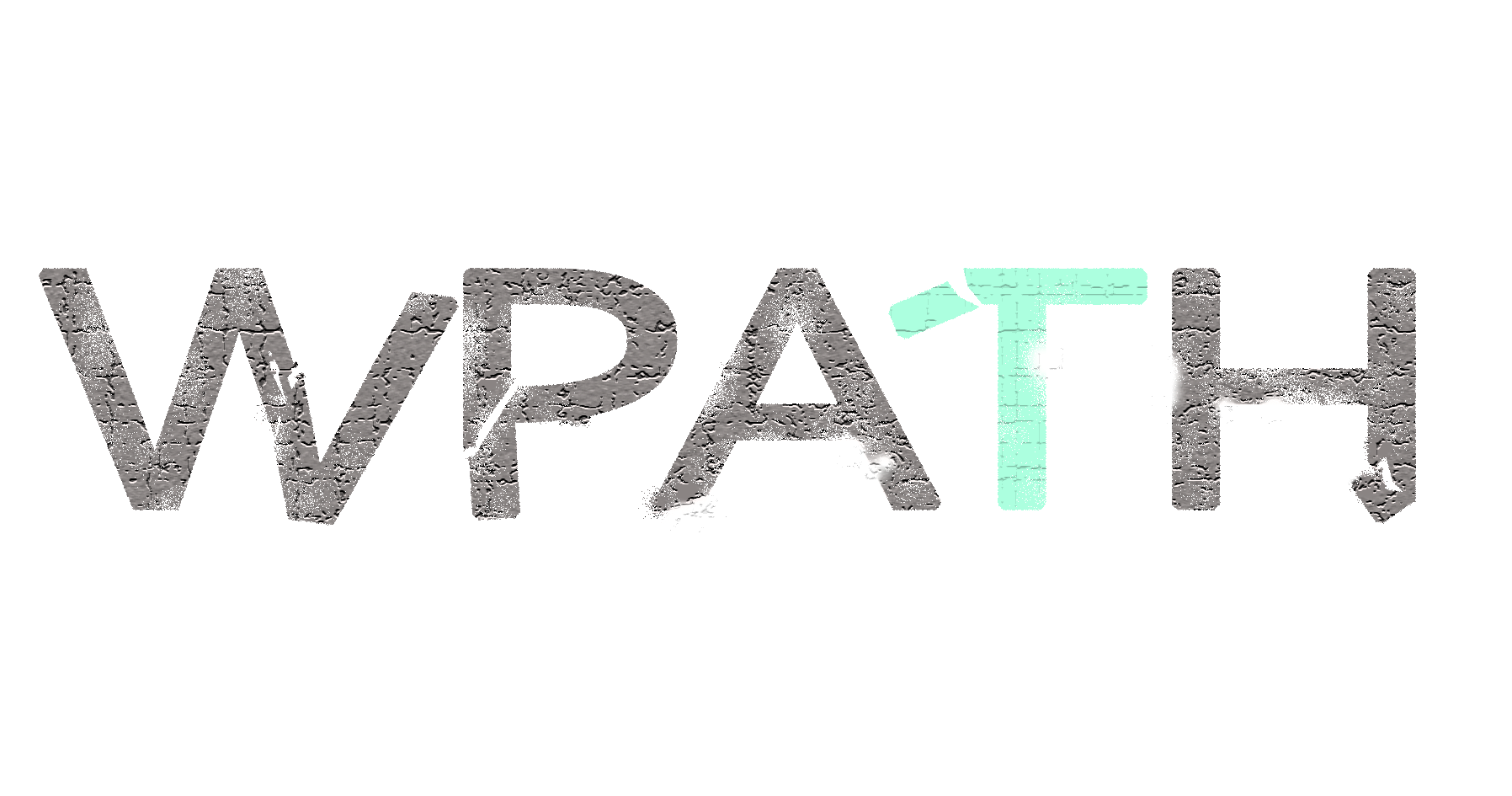WPATH Explained
By Genspect

Genspect provides a brief overview on why many believe that WPATH’s release of their Standards of Care (Version 8) was a disaster.
The eagerly awaited Standards of Care, Version 8 (SOC8) from the World Professional
Association of Transgender Health (WPATH) was recently published to widespread shock and dismay. The treatment of gender dysphoria has become a highly controversial subject since WPATH released their last Standards of Care (SOC7) in 2012, and so this time around, many more people than ever before decided to analyse this document. The results weren’t pretty.
A very short time after the document went public, a major unexpected “correction” was issued. However this wasn’t a “correction” this was an ideological turnaround. This change of heart was reported all over the world as it removed all minimum age requirements for ‘gender affirmative’ surgeries.
In the original document WPATH offers “suggested minimum ages” for a number of irreversible surgical procedures for minors, such as:
14+ years old for cross-sex hormones
15+ years old for double mastectomies
16+ years old for breast implants, facial feminisation surgery
17+ years old for metoidioplasty, orchiectomy, vaginoplasty, hysterectomy, fronto-orbital remodelling
18+ years old for phalloplasty.
The decision to remove all age requirements (apart from the phalloplasty) was taken despite there being no new evidence to support that recommendation. This however was far from the only problem with SOC8, other issues include:
- A bizarre decision to include a full chapter on eunuchs. History has recorded the sad lives that eunuchs led and WPATH’s decision to bring back this outdated term and difficult way of living without any good reason or any evidence to support this has cast a shadow over the entire document. Historically, eunuchs had a low position. These males were purposefully castrated so as to make them less threatening in society; typically, they worked as servants or slaves. The main problem WPATH’s decision to re-introduce eunuchs into the lexicon is that there is no evidence to support this – it is evidently a decision made by trans activists rather than clinicians. However, another major issue with this decision was that the WPATH SOC8 references The Eunuch Archive, a website that includes sadistic stories about children.
- Irreversible medication and surgery are permitted for children, even though “the number of studies is still low”, “there are few outcome studies that follow youth into adulthood” and “no clinical studies have reported on profiles of adolescents who regret their initial decision”. There is no evidence to support this decision.
- Children can move straight to cross-sex hormones – they will no longer be requested to start with a suppression of puberty. Although puberty blockers are damaging, cross-sex hormones are a good deal more harmful as they can permanently alter the body, the face, the genitals and the voice. There is no evidence to support this radical decision.
- Despite evidence that shows chest binding and genital tucking as significantly harmful to the body, WPATH ignores these dangers and instead advises clinicians to provide education on these so as to provide “comfort” to children.
- There is a disregard parental authority by advising clinicians to prescribe hormone treatment to children without parental support. This creates triangulation, where the parent is deemed the persecutor, the child is the victim and the clinician is the apparent saviour. It is an unhealthy situation and causes unnecessary distress within families at an already very stressful time. WPATH’s advice will lead to alienation of parents as they advise clinicians to “challenge” parents who are considered unsupportive because of any concerns about early and aggressive medical procedures.
- WPATH has included an incorrect definition of detransition in their glossary. According to WPATH “Detransition is a term sometimes used to describe an individual’s retransition to the gender stereotypically associated with their sex assigned at birth”. This utterly negates the detransition experience; a more accurate definition of detransition is: “the process of changing a person’s gender presentation back to his or her biological sex, by seeking to reverse or stop an earlier medical transition.”
- Pablo Expósito-Campos pointed out that WPATH has “Completely misinterpreted” his work on detransition and, despite the sharp uptick in the numbers of people detransitioning, according to Expósito-Campos, WPATH is “very biased against detransition as a possible outcome”.
- Despite the sharp uptick in the numbers of people detransitioning, WPATH does not provide any substantive guidelines or discussion about this marginalised group whose lives have been blighted by the gender affirmative approach that WPATH recommends.
- Ideological and euphemistic language is used throughout this SOC8, for example describing medical procedures as “gender-affirming health care” and double mastectomies as “chest masculinization surgery”.
- There are no mention of child protection or safeguarding concerns for children within the document.
- A shopping list of recommended cosmetic surgeries is offered, including body contouring, voice surgery, hair transplant, jaw augmentation, liposuction, brow lift, lip shortening, calf implant, mastectomy, hysterectomy, vaginoplasty, phalloplasty.
- A reckless approach to mental health is evident with advice that not all mental illness “can or should be resolved” prior to medication or major surgery for children or adults.”
And finally, WPATH’s decision to remove a chapter on ethics which was included in the draft version of SOC8 suggests that they have become a wholly activist-led organisation unconcerned with a careful and caution approach to gender care and instead focused on promoting gender ideology.
